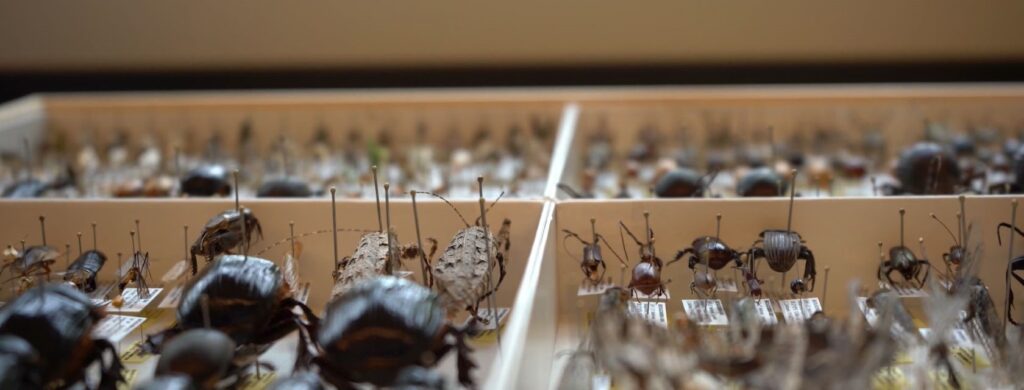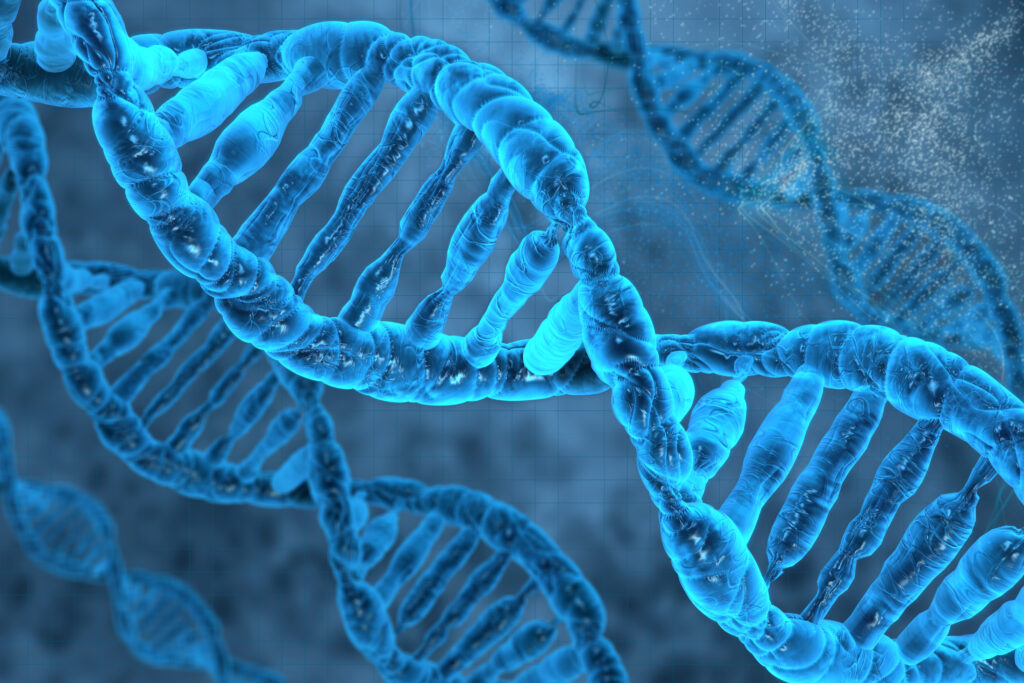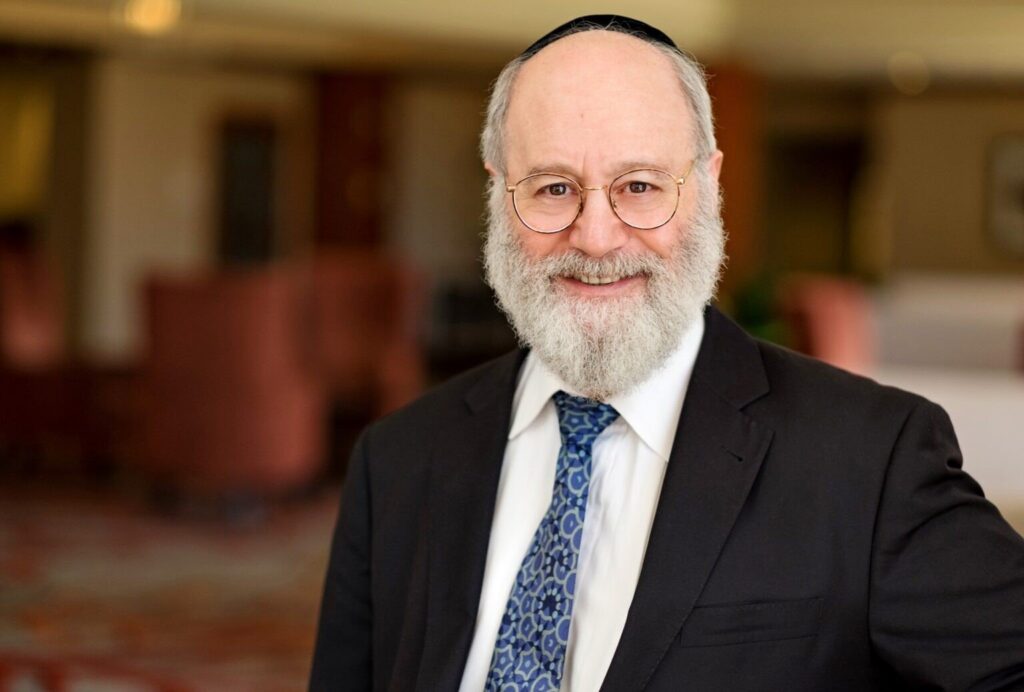U of G Scientist Dr. Paul Hebert Honoured with Benjamin Franklin Medal
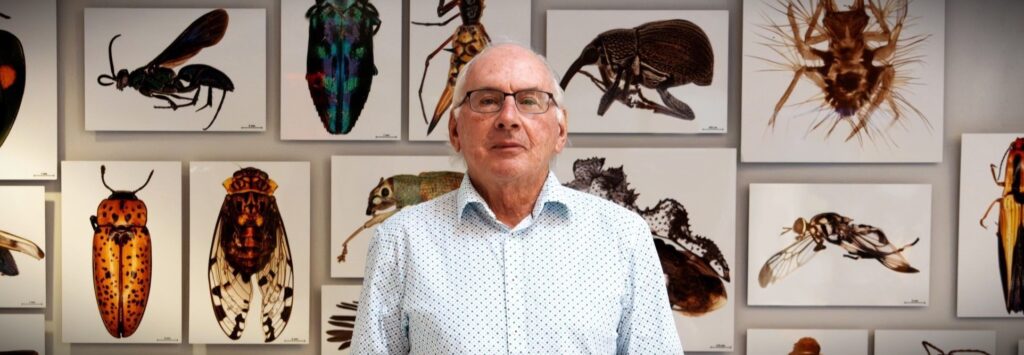
Paul D. N. Hebert, Ph.D., FRSC, O.C., University of Guelph receives the 2024 Benjamin Franklin Medal in Earth and Environmental Science for his bold vision to catalog every living organism using a small piece of DNA—a DNA barcode—which allows scientists to rapidly discover new species and assess biodiversity and provides everyone with a means to explore biodiversity for themselves.
- iBOL Media + Communications
- January 30, 2024
Dr. Paul Hebert, a distinguished University of Guelph evolutionary biologist who pioneered the field of DNA barcoding, has won the Benjamin Franklin Medal for Earth and Environmental Science for 2024.
Known as “the father of DNA barcoding,” Hebert receives the medal in recognition of groundbreaking work creating a technology that identifies species using a tiny segment of DNA, in the same way a barcode identifies a product at a supermarket.
The technology, which has helped make species identification faster, more accurate, and less expensive than previous methods, now underpins a global effort to catalogue all life on Earth.
The Franklin Institute, an organization dedicated to promoting science and innovation, has awarded Benjamin Franklin medals since 1824 to world-changing scientists, engineers, inventors, and industrialists. The medal is the oldest comprehensive science and technology award in the United States with past laureates including Nikola Tesla, Albert Einstein, and both Marie and Pierre Curie.
Hebert is the fourth Canadian to receive the honour.
“It is thrilling to receive the 2024 Benjamin Franklin Medal in Earth and Environmental Science,” Hebert said. “Importantly, this award endorses a planetary research program led by Canada that is providing humanity with the knowledge required to better insulate biodiversity from global change.”
Building the largest DNA bank for biodiversity
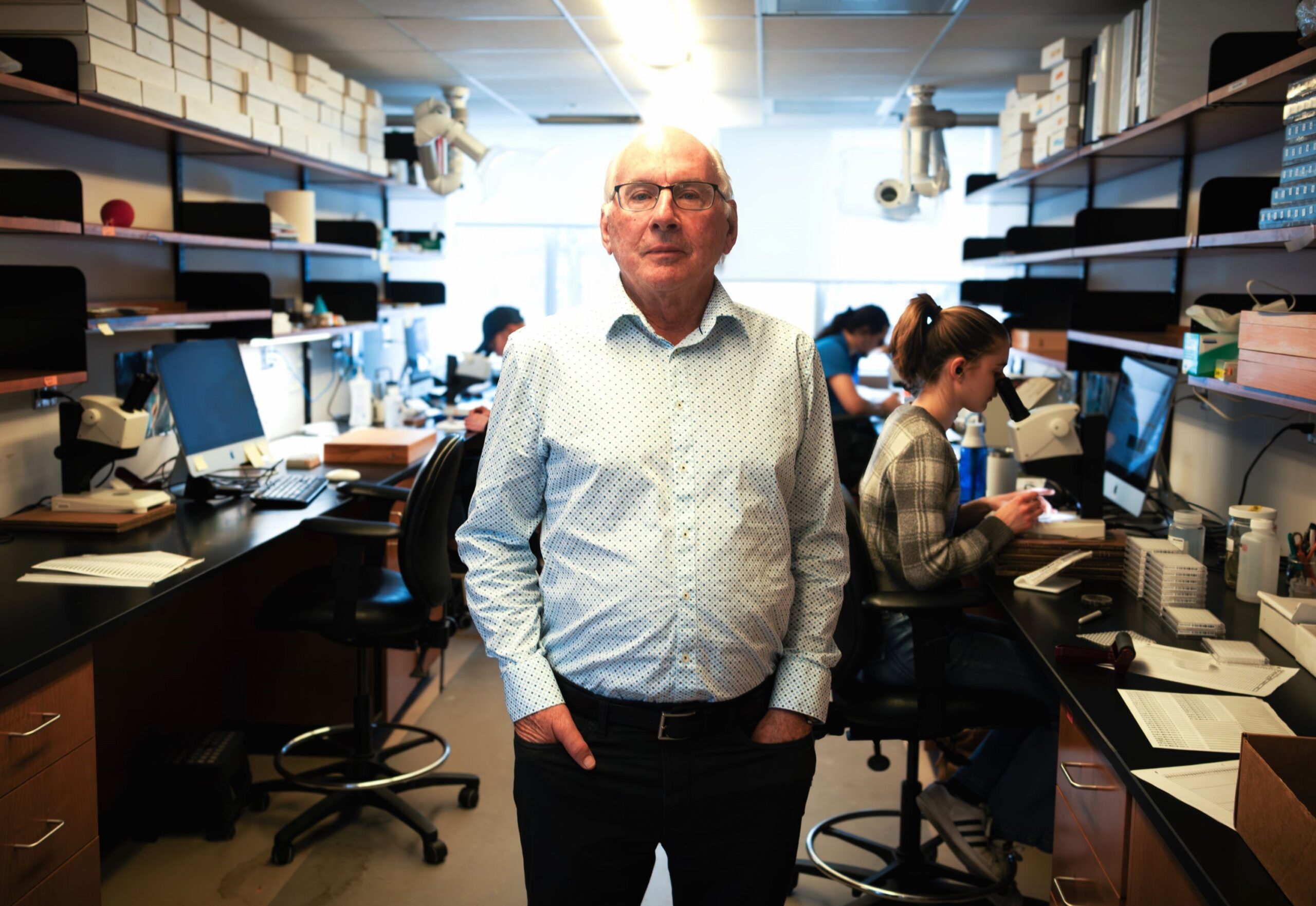
Hebert is the founder and CEO of the Centre for Biodiversity Genomics (CBG) within the College of Biological Science at U of G. He has raised $160 million over the past 20 years to develop the infrastructure and to support the staff to advance its capacity to lead a major scientific program.
Reflecting this effort, the CBG is the world’s first digital biodiversity archive, housing the largest DNA bank for biodiversity, a library of more than 9 million images and sequences from more than 15 million specimens.
“It is very exciting to see one of our own honoured with one of the most prestigious awards in science,” said Dr. Charlotte Yates, U of G president and vice-chancellor. “From specialists in genomics such as Dr. Hebert, to experts in agriculture, engineering, One Health and more – our academic and research excellence reflects the breadth of our talent here at U of G. I am so grateful to work alongside truly world-class faculty every day.”
The technology Hebert conceived and developed has become a revolutionary identification system with far-reaching applications. It is allowing scientists to identify all species on the planet through the not-for-profit International Barcode of Life (iBOL) consortium, headquartered at the CBG. The consortium, of which Hebert is scientific director, unites more than 1,000 researchers in 41 countries with a shared mission to build the global DNA barcode reference library.
The project is set to become the largest biodiversity science project ever undertaken, with researchers using DNA barcoding to identify more species before 2030 than in the past 275 years using the traditional Linnaean taxonomic system.
“This award is a much-deserved recognition of Dr. Hebert’s completely transformative work. DNA barcoding technology has literally changed how we see and know life on Earth,” said Dr. Rene Van Acker, interim vice-president research. “He leads the world’s largest life sciences big data project and has created fundamental knowledge for all efforts to sustain and improve life.”
Largest biodiversity science project ever undertaken
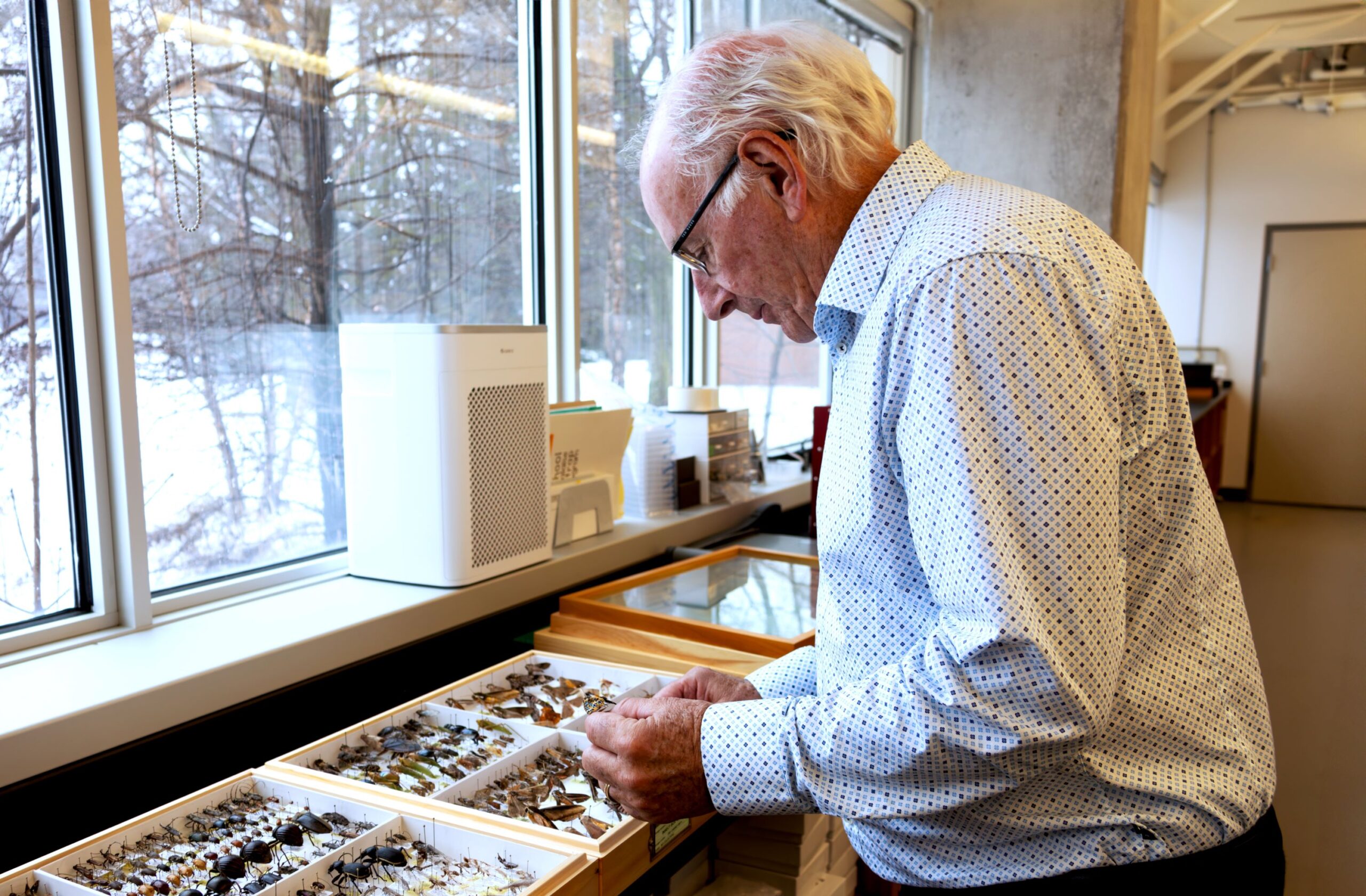
DNA barcoding has found uses in many applications, including pest and disease control, detecting food fraud, aiding resource management and supporting conservation programs.
Metabarcoding is an innovative approach that augments DNA barcoding by delving into the genetic makeup of entire ecosystems. Scientists can use metabarcoding to simultaneously identify multiple species in a single soil, water or air sample and compare them against a DNA reference library. This allows for a comprehensive understanding of ecological dynamics, aiding in biodiversity assessments, ecosystem monitoring and even tracking the spread of invasive species, or disease vectors.
Globally recognized for his work, Hebert is the only Canadian scientist to have received the Heineken Prize for Environmental Sciences (2018) and the MIDORI Prize for Biodiversity (2020).
Aside from his research contributions, Hebert has inspired and mentored many students. Over 30 years, he exposed nearly 1,000 undergraduate students to research through his field courses in the Canadian Arctic, Australia, and Jamaica.
He has also mentored 57 graduate students and 56 postdoctoral fellows as a professor in the Department of Integrative Biology and the Tier 1 Canada Research Chair in Molecular Biodiversity. Reflecting his commitment to excellence and innovation, more than 40 of his former students now hold faculty positions, leaving an indelible mark on the scientific community.
“Dr. Hebert has provided many students, at both the undergraduate and graduate levels, with unparalleled hands-on opportunities at the forefront of biodiversity, ecology, and evolutionary science,” said Dr. Mazyar Fallah, dean of the College of Biological Science.
“Through the CBG, our students learn innovative analytical and technical skills, positioning them as trailblazers in biodiversity research to improve life and secure bright futures in science.”
An award ceremony will take place April 18, 2024 at The Franklin Institute, a science museum in Philadelphia, where Hebert will be formally honoured.
Contact:
U of G Media Relations
media@uoguelph.ca

